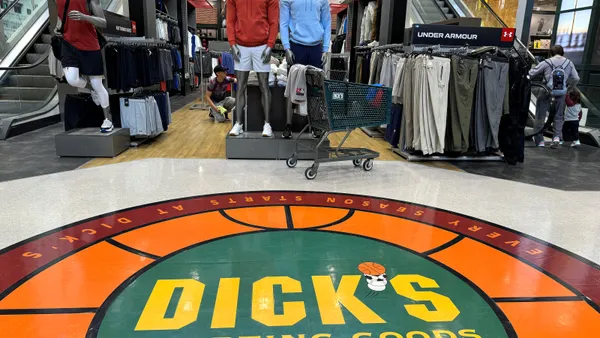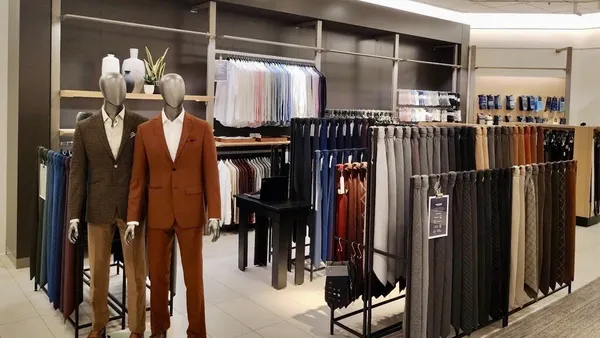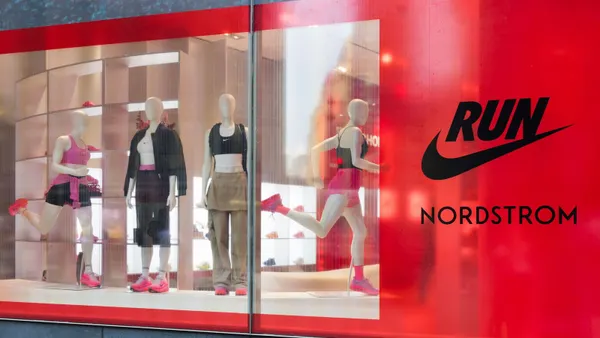Dive Brief:
- The competition for checkout-free tech is heating up. Zippin, a startup in the space, has raised $30 million in Series B funding from OurCrowd, Maven Ventures, Evolv Ventures and SAP, the company announced on Wednesday. The company has raised more than $45 million to date.
- With this funding, the company aims to scale its checkout-free technology to "tens of thousands of stores" by 2025.
- Zippin listed various major corporations, including Aramark Corporation, Compass Group and Lawson, as some of its customers. Going forward, the startup aims to implement its technology in stores within one day with minimal or no downtime for retailers, the company said.
Dive Insight:
Zippin has been raising venture capital for the past few years and working to expand the reach of its cashierless technology abroad. In August 2019, Zippin introduced its checkout-free technology in Lojas Americanas, Brazil's largest retailer. A few months later, the company raised $12 million in Series A funding from Evolv Ventures, a venture capital fund supported by Kraft-Heinz.
"Shoppers want contactless experiences everywhere they go," Krishna Motukuri, Zippin's co-founder and CEO, said in a statement. "As retailers realize that frictionless checkout-free technology is also contactless by design, they see a great opportunity to kill two birds with one stone."
But as Zippin garners more attention from investors, so do other cashierless tech startups. Standard, formerly known as Standard Cognition, raised $5.5 million in 2018, $35 million the following year and in 2021 raised $150 million. The startup also went on to acquire Explorer.ai, DeepMagic and Checkout Technologies.
As cashierless tech startups raise capital to widen their footprint, some major retailers are testing out their own checkout-free tools. In February 2020, 7-Eleven began experimenting with a cashierless store concept at its corporate headquarters in Irving, Texas. The following month, Amazon announced that it would begin selling its cashierless tech to other companies.
Some experts have questioned the consumer demand for cashierless technology. Research from PYMNTS.com and USA Technologies in early 2020 indicated that about a fifth of consumers want non-traditional unattended shopping experiences, but only 6.1% of consumers buy goods from them. The report noted that out of the people who use these options, 81.7% of consumers want to buy health products, and 64.1% want to buy cosmetics products. However, the pandemic increased demand for contactless shopping experiences as consumers looked for ways to stay safe.












